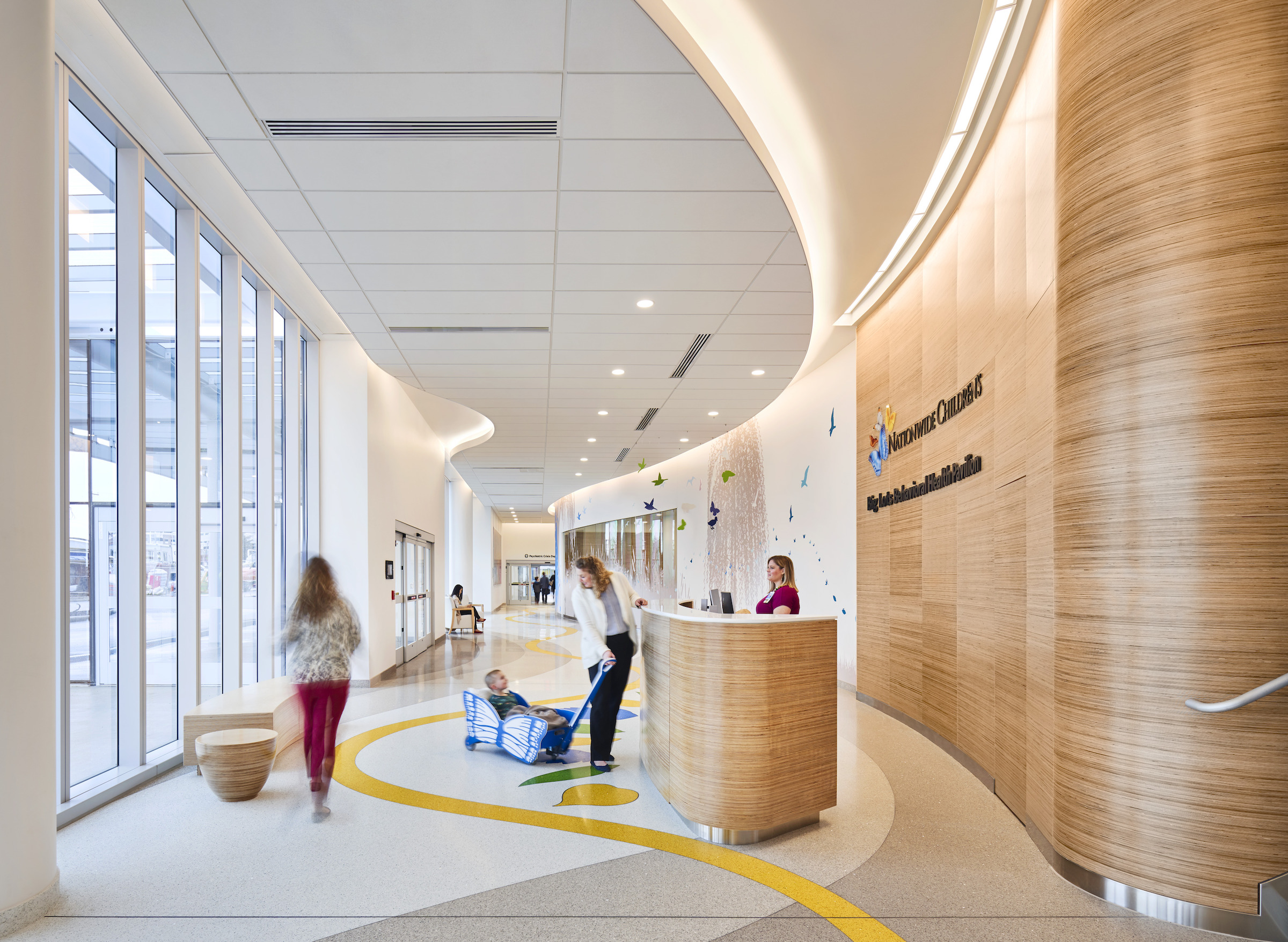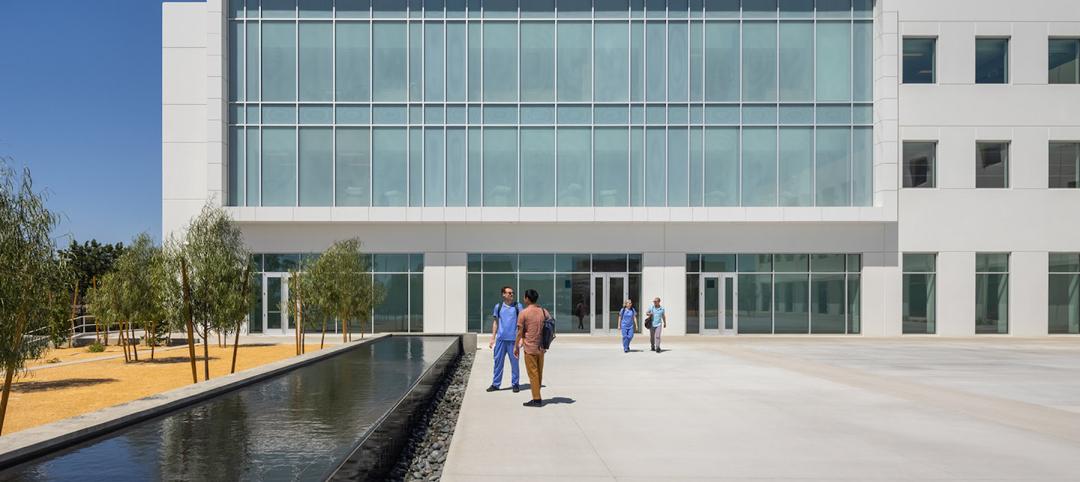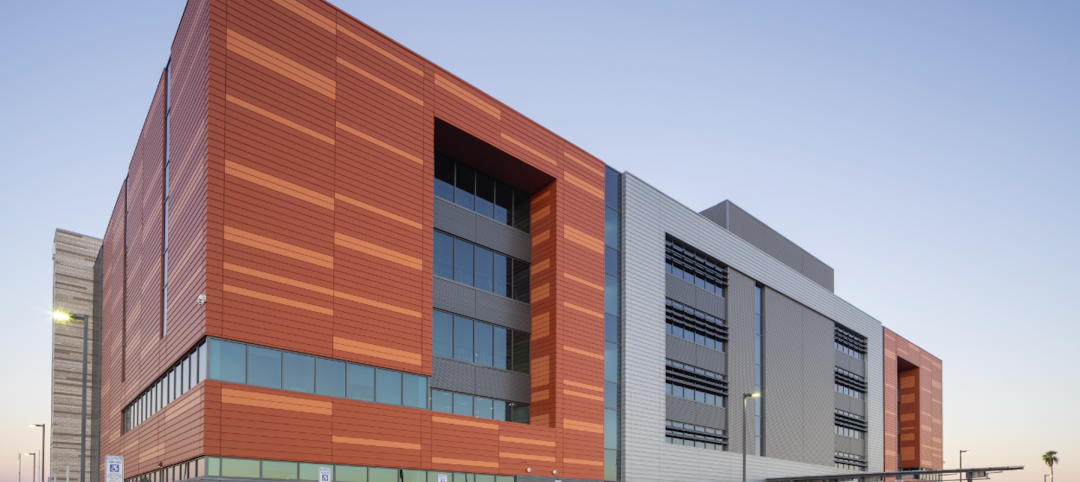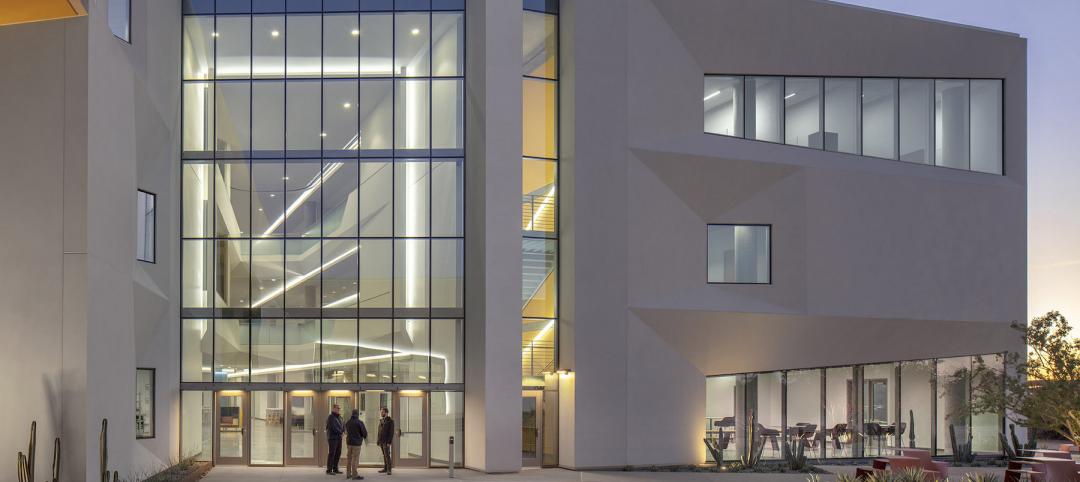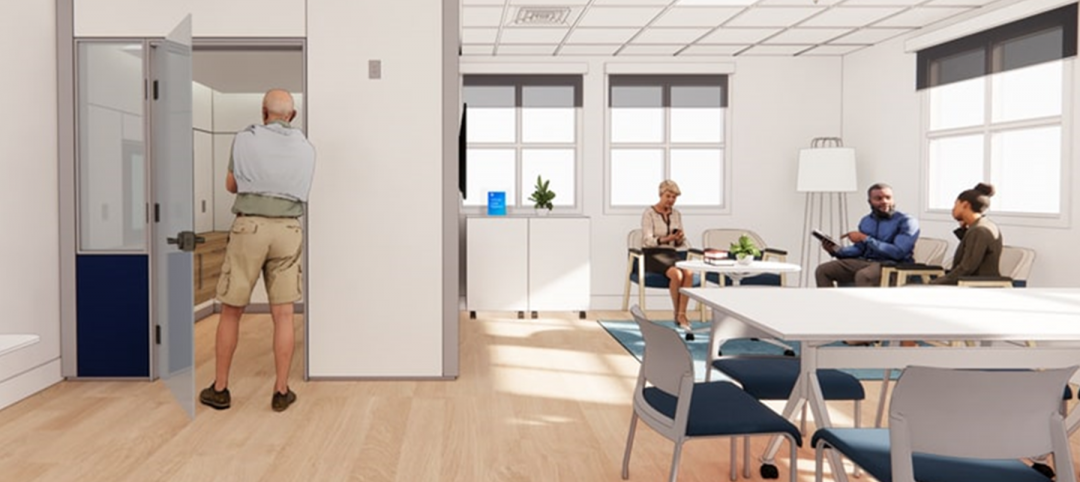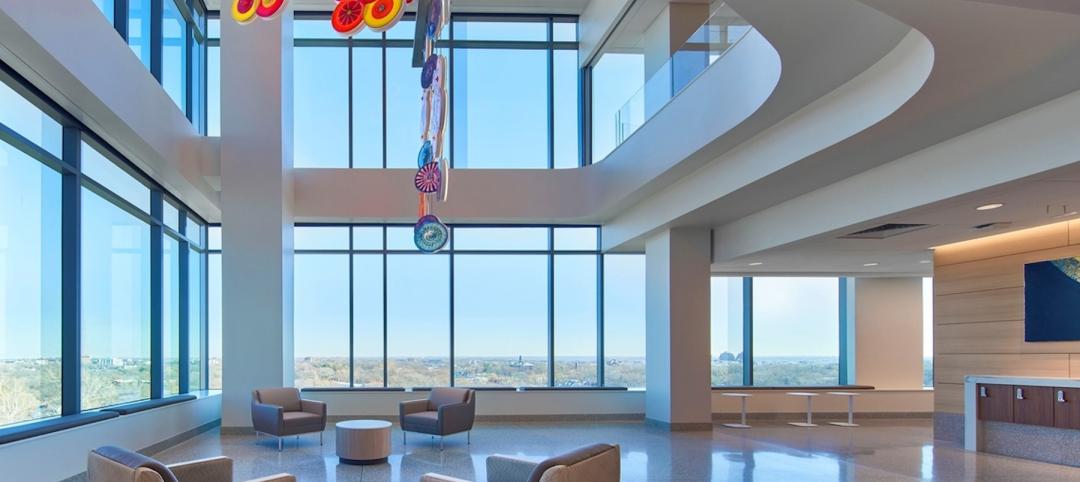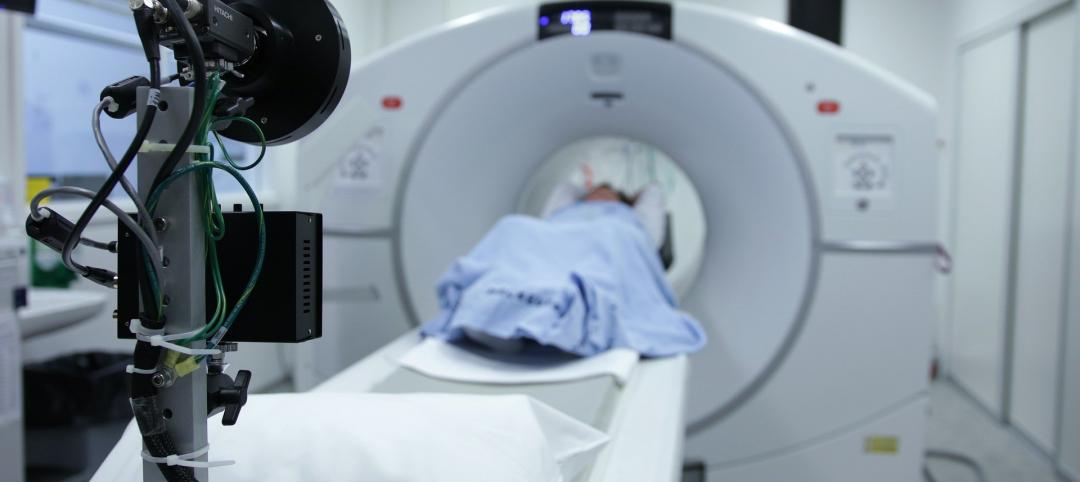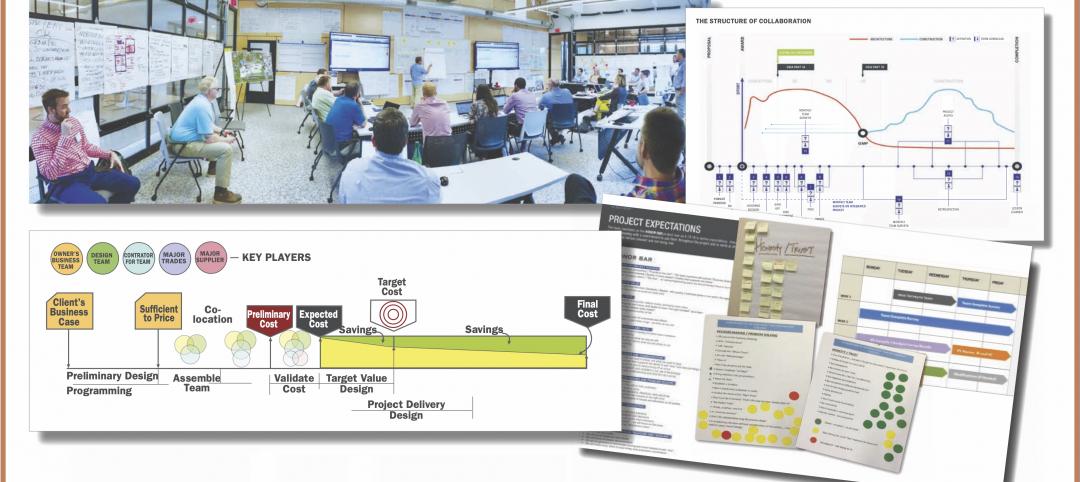During the second week of November, the architecture firm NBBJ launched a podcast series called Uplift, that focuses on the transformative power of design. Its first 30-minute episode homed in on designing for behavioral health facilities, a hot topic given the increasing number of new construction and renovation projects in this subsector.
The podcast featured Dr. Susan Swick, Executive Director of Montage Health’s Ohana Center for Health in Monterey, Calif., which NBBJ designed and is scheduled to open later this year; Ed Cheshire, Architectural Project Manager for Nationwide Children’s Hospital Big Lots Behavioral Health Pavilion in Columbus, Ohio, which opened on March 1, 2020 and was codesigned by NBBJ and Architecture Plus; and Daphne Corona, Project Manager and Senior Associate with NBBJ in Los Angeles. Dr. Heena Sandry, an acute care surgeon who consults with NBBJ’s teams, hosted the panel.
Clients want facility design that destigmatizes mental health treatment, said Corona. “They want inspirational properties that are accessible and nonthreatening. The days of institutional lockdown are past.” Corona added the latest mental health facilities are being designed as “all-in-one” centers that combine acute inpatient and outpatient services, and are available to all populations.
The Ohana and Nationwide projects, though very different, illustrate how facilities design can support treatment. Swick noted that the 55,600-sf Ohana Center’s low-rise buildings form a serpentine shape that curves around a coastal site whose terrain provides a natural barrier for safety and security. Occupants have access to interconnecting courtyards, green spaces, and walking paths.
The center will include an outpatient treatment wing, 16 inpatient beds, rooms for one-on-one and family counseling, indoor and outdoor recreational and quiet spaces, a kitchen and dining area, a family resource center, space for community activities, classrooms for inpatient youth, and space for training and workshops.
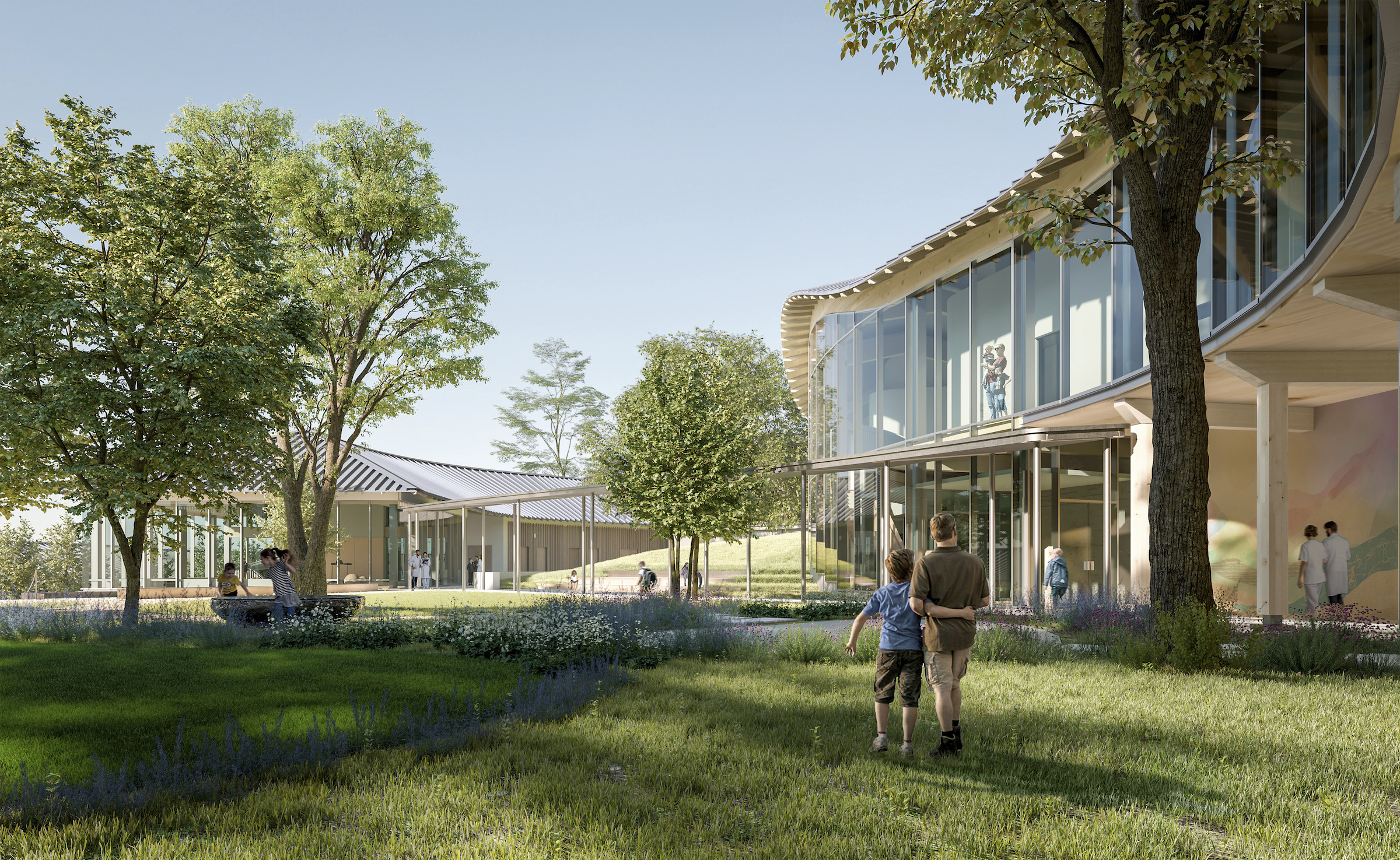
Corona elaborated that Ohana Center’s physical design and landscaping are based on neuroscience principles that boost occupants’ executive function and personal agency, increase immune system health, and combat fatigue among caregivers. It is also one of the largest healthcare buildings to use mass timber, whose modular components contribute to its low-carbon impact.
Cheshire, who has been with Nationwide Children’s Hospital for 16 years, said that the design of the 386,000-sf Behavioral Health Pavilion also used natural wood to convey a “warm and welcoming” space.
This is an urban building, and it was important to design it to allow as much natural light as possible to stream into the inpatient units. The design emphasizes “neighborhoods” within each of the pavilion’s nine floors that encourage occupant and staff interaction. The pavilion also offers education and instruction about nutrition and physical activities.
Swick and Cheshire agreed that health systems don’t make money from behavioral healthcare, and that insurance reimbursement for services rendered can be like pulling teeth. The good news is that each of these projects is an example of philanthropic largesse: The Ohana Center is the beneficiary of a $106 million gift from Roberta Bialek Elliott, a longtime local resident who happens to be the sister of billionaire investor Warren Buffett; and the $159 million Nationwide Pavilion defrayed its cost with a $50 million pledge from Columbus-based retailer Big Lots Stores, which in turn brought in other donors.
Chesmire said he has been buoyed by the “community conversation” about Columbus’ mental health crisis, in search for solutions. He singled out “frontline pediatricians” who are active in prevention. Swick said she’s convinced that the number of young Americans struggling with mental health disorders can be reduced substantially through human investment and care. “I think about hope all the time, and hope is deep and real.”
Listen to NBBJ's podcast episode, "How to Design Now for the Behavioral Health Crisis."
Related Stories
| Aug 3, 2022
Designing learning environments to support the future of equitable health care
While the shortage of rural health care practitioners was a concern before the COVID-19 pandemic, the public health crisis has highlighted the importance of health equity in the United States and the desperate need for practitioners help meet the needs of patients in vulnerable rural communities.
Healthcare Facilities | Aug 1, 2022
New Phoenix VA outpatient clinic is one of the largest veteran care facilities in the U.S.
The new Phoenix 32nd Street VA Clinic, spanning roughly 275,000 sf over 15 acres, is one of the largest veteran care facilities in the U.S.
Building Team | Jul 12, 2022
10 resource reduction measures for more efficient and sustainable biopharma facilities
Resource reduction measures are solutions that can lead to lifecycle energy and cost savings for a favorable return on investment while simultaneously improving resiliency and promoting health and wellness in your facility.
Healthcare Facilities | Jun 22, 2022
Arizona State University’s Health Futures Center: A new home for medical tech innovation
In Phoenix, the Arizona State University (ASU) has constructed its Health Futures Center—expanding the school’s impact as a research institution emphasizing medical technology acceleration and innovation, entrepreneurship, and healthcare education.
Healthcare Facilities | Jun 20, 2022
Is telehealth finally mainstream?
After more than a century of development, telehealth has become a standard alternative for many types of care.
Codes and Standards | Jun 14, 2022
Hospitals’ fossil fuel use trending downward, but electricity use isn’t declining as much
The 2021 Hospital Energy and Water Benchmarking Survey by Grumman|Butkus Associates found that U.S. hospitals’ use of fossil fuels is declining since the inception of the annual survey 25 years ago, but electricity use is dipping more slowly.
Healthcare Facilities | Jun 13, 2022
University of Kansas Health System cancer care floors foster community and empathy
On three floors of Cambridge Tower A at The University of Kansas Health System in Kansas City, patients being treated for blood cancers have a dedicated space that not only keeps them safe during immune system comprising treatments, but also provide feelings of comfort and compassion.
Sponsored | Healthcare Facilities | May 3, 2022
Planning for hospital campus access that works for people
This course defines the elements of hospital campus access that are essential to promoting the efficient, stress-free movement of patients, staff, family, and visitors. Campus access elements include signage and wayfinding, parking facilities, transportation demand management, shuttle buses, curb access, valet parking management, roadways, and pedestrian walkways.
Healthcare Facilities | Apr 19, 2022
6 trends to watch in healthcare design
As the healthcare landscape continues to evolve, IMEG’s healthcare leaders from across the country are seeing several emerging trends that are poised to have wide-ranging impacts on facility design and construction. Following are six of the trends and strategies they expect to become more commonplace in 2022 and the years to come.
Healthcare Facilities | Apr 14, 2022
Healthcare construction veteran creates next-level IPD process for hospital projects
Can integrated project delivery work without incentives for building team members? Denton Wilson thinks so.


